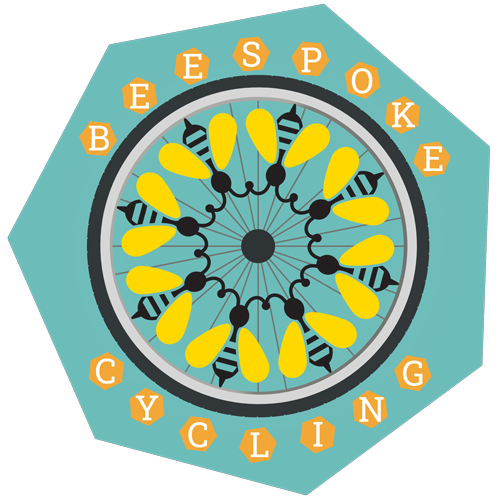The buzzword in the pro-peloton this season is durable
Durable joins concepts like VO2 max, watts/kilo, threshold, and aerodynamics when describing an athlete’s natural gifts and abilities, but also represents a departure because it describes how the athlete handles the end of a race. The metrics that we currently watch are relevant to quantify how much power a rider can create and how long they can hold it, whether they are good going up or down a hill, and knowing if they are a turbo or a diesel engine. A durable rider can do the right things at the right time, especially when it comes to the end of a race- they can continue to produce the numbers required after emptying the tank for six hours.
This new metric describes the intangibility of attitude and foundation.
When I think of the durable in myself, I can’t help but recall the last time I hired a coach to help me with a race- 2007 for the Cape Epic: a two person, eight day mountain bike stage race in South Africa. I hired this successful racer turned coach, Linda Wallenfels, who specialized mostly in 24 hour mountain bike races but also the new world of 100 mile and stage races, pushing endurance capabilities beyond what was normal.
She started with a whole series of questions, asking me about diet, sleep habits, daily routine, and hours available to train. She didn’t want to know anything about what I did on the bike, she wanted to know the kind of person she was working with. I didn’t like hearing that my diet was marginal (I was severely under the calories necessary for what I was doing), my life habits were “meh” (when told I could wake up at 5am for training I nearly fired her) or that my unwillingness to invest in gadgets to gauge metrics would hamper her ability to coach me effectively (perhaps ‘luddite’ isn’t the right word but it was because of the Garmin that I used in 2007 that actively kept me from buying another one until last year, and, I’m still not that thrilled about it).
She instilled in me that what you do off the bike is potentially more important than what happens on it because you can very easily undermine your physical efforts by poor discipline and routine. But , if you build a whole life approach, adversity is nothing more than an obstacle in your path, another piece to navigate mentally and physically rather than emotionally.
So, after training through the winter for an April race on the other side of the planet for which my brother and I upended lives and dedicated ourselves, I crashed heavily in the first hour of the first day on a gravel road at 30mph. In South Africa they call them “roasties” instead of road rash, and I had them from my ankle to my shoulder. When I went to the medical tent to ask about bandages, I was told “this is Africa, boet, we don’t have supplies like that” so I apologized to all the hotels for the soiled bedding each morning, got on my bike each day, suffered like a dog throughout the race that the organizers had decided to make so hard that it would permanently dispel the “easy race” mentality they had previously enjoyed (2007 race times for us: 49 hours, 2024 of similar placing: 39 hours), and battled to secure 156th place out of 600 teams.
Without the crash it’s reasonable to think that we might have been top 100 but, most indelibly, I came away from that race with two crucial pieces of knowledge- I never did anything again on a 26” wheel mountain bike and I made a promise to myself that if I ever went around the world to a truly magical place, I would see more of it than the ass of the rider in front of me. But the durability of that season was permanently ingrained in all my future cycling habits.
Linda is still doing amazing work and I am still seeing everything I can from the seat of a bike- now I just stare at the racer in front of me for one day of the trip. I have never quit a race since 1997 (never do a single speed race in a ski resort, ever) and, occasionally, it all comes together for a worthy result. My durability is something I take great pride in and am thrilled that the pros are becoming aware of it. The ideal race for me is one in which I start well enough but finish strongly, beginning to turn it on about midway through, passing riders who have begun to fade and gotten it wrong. It’s my version of winning.
How are you durable?
Cheers.
